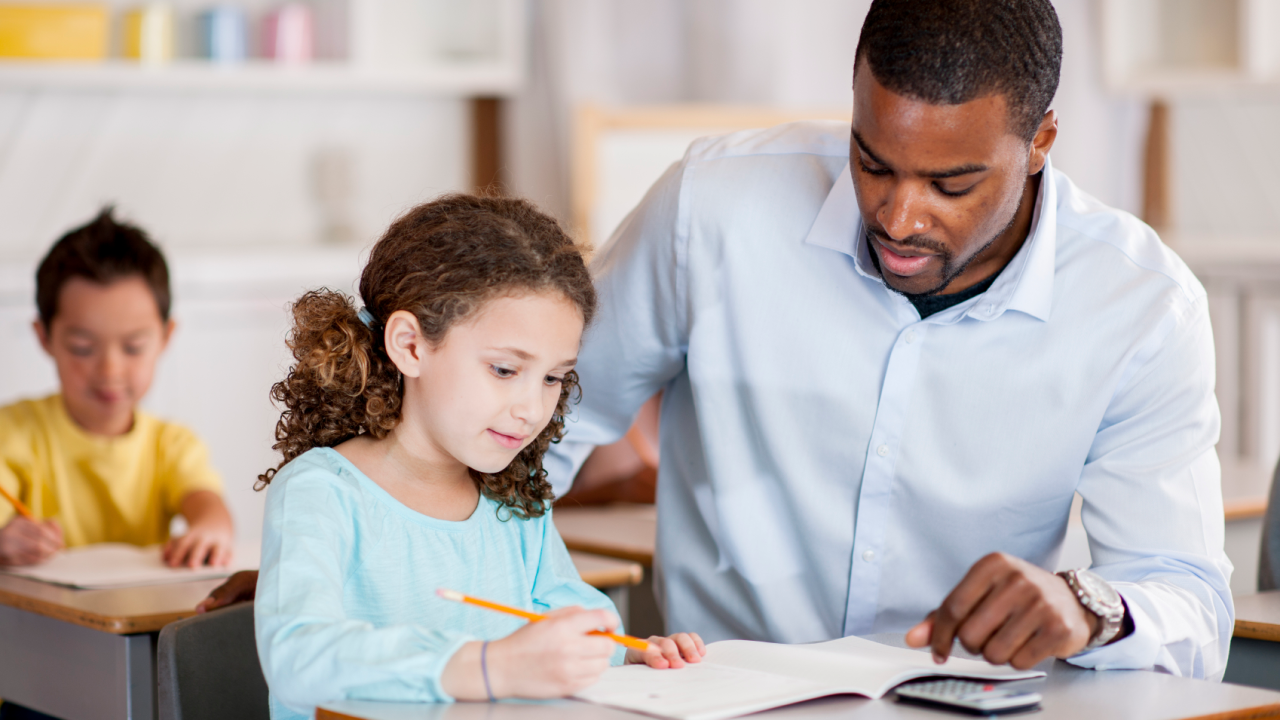Children with ADHD typically exhibit symptoms that primarily impact their behavior and learning capacity. However, ADHD can arise in a variety of ways in different children. You may be wondering if a child’s report card is the first indication of ADHD. In short, yes.
How does ADHD show up on your child’s report cards?
According to a study published in the journal Frontiers in Psychology, inattention is one of the most significant predictors of academic problems. ADHD symptoms may hinder your child from focusing in class, causing them to miss most of what is being taught. If a teacher writes homework on the board, the other students may not take note of it, or if they do, they will likely forget about it later. You may often receive complaints from your child’s teachers, which state that they often exhibit signs of irrational or impulsive behavior that disrupts the classroom discipline and environment. Their teachers might tell you they talk a lot, start running around the class, or are constantly distracted and daydreaming. ADHD symptoms have a negative impact on your child’s behavior and cognition, which keeps them from succeeding.What are the classic symptoms of ADHD?
Do you have any idea what the symptoms of ADHD are? These symptoms are classified as either inattentiveness or hyperactivity/impulsiveness. If your child is diagnosed with ADHD, they must have been experiencing the following signs that have interfered with their learning for more than 6 months:Inattentiveness
- Lack of organizational skills
- A short span of attention
- Concentration troubles and getting easily distracted
- Make a lot of careless mistakes
- Hard for them to stick to one task and complete it before moving on to another
- Appear forgetful and lose things
- Difficulty following instructions or rubrics.
Hyperactivity and impulsiveness
- They can’t sit still and are constantly fidgeting
- Unable to concentrate on tasks for long
- Excessive physical movement and talking
- Speak or act without thinking
- Continuously interrupt conversations
- Can’t wait for their turn.
How can I help an ADHD child’s performance at school?
What should you do if ADHD affects your child’s academic performance? How can parents assist their ADD/ADHD school-aged children? What aids learning in children with ADHD? Check out the list of suggestions below:- Give yourself and your child time to address the symptoms of ADHD
- Establish a routine with your child and set up a time to chat with them – remember to squeeze in a few breaks in between
- Stop employing the “I’m disappointed” strategy since it will discourage them from improving their grades
- Children with ADHD need support, love, and care—not cushioning! Healthy obstacles are always beneficial; for instance, if your child has trouble sitting still, ask them to do so for two minutes while setting up a fantastic reward for them at the end
- Kids love prizes. Give them a few
- Make sure you speak in a way that promotes a calm atmosphere.


Leave a Comment